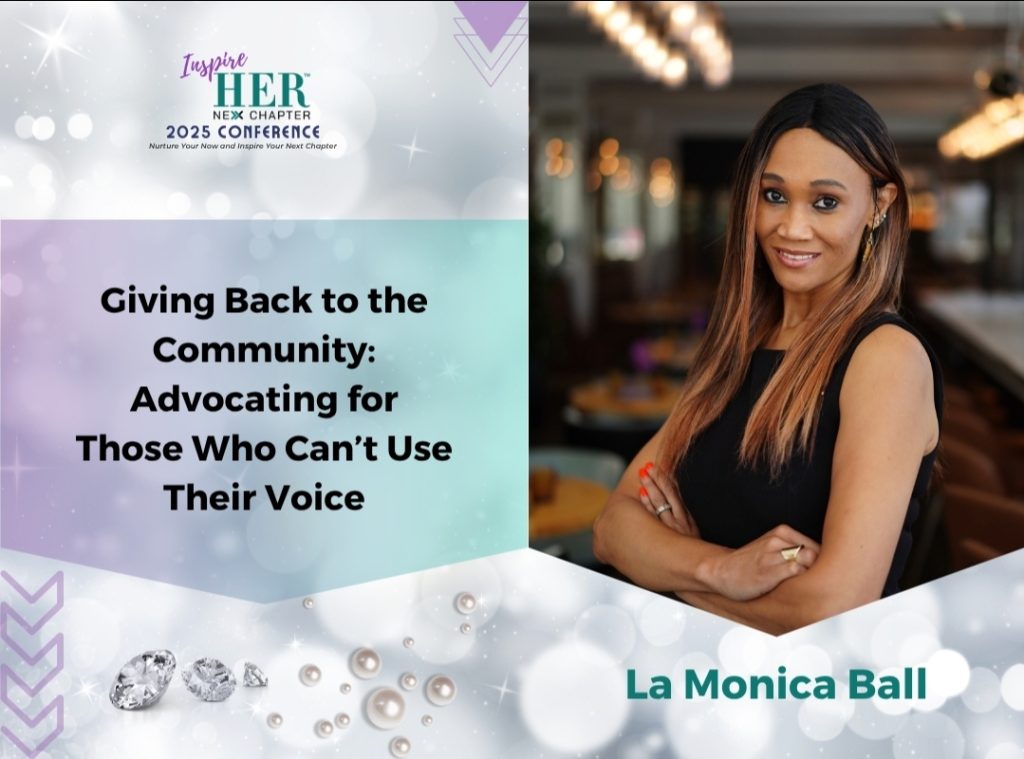When musician Nile Rodgers penned the song, “Your Love is Cancelled” in the 80s, little did he know he’d coined the term “canceling” someone. As easily as a network drops a not-so-popular TV show, the snowball effect of canceling has been infectious. Over the last couple of years, it has become more commonplace to cancel someone from their place of influence, making it more and more controversial. Recently, there was an extensive study done by the Pew Research Center to understand the definition of cancel culture and its impact on society and individuals. In their words, “There are plenty of debates over what it is and what it means, including whether it’s a way to hold people accountable, or a tactic to punish others unjustly, or a mix of both. And some argue that cancel culture doesn’t even exist.” Whichever camp you fall in, we have to face the reality that people are losing their empathy and the ability to listen intentionally.
People have always disagreed with one another and caused debate, however, the line keeps moving to the extreme. Would it be best for our mental health and society as a whole to take a step back from that line and look objectively at people’s differing opinions? That is ultimately for you to decide. This question isn’t meant to take on cancel culture as a whole, instead, it is to challenge individuals who are on the fence. So, let’s look at a few ways being more objective could be beneficial.
Listen to Learn
In a judicial court, the person on trial is always innocent until proven guilty. This is what the value of justice was founded upon, and it would be wise to practice this in our conversations with people, especially with those we have prejudices toward. We can do this as an attorney asks questions and listens intently to ultimately reveal if a person is innocent or guilty. Have you ever caught yourself forming a response in your mind while the other person is still speaking? You have tuned her out and are impatiently waiting for your turn to talk. To have a friendly conversation with anyone, you can show respect and empathy by listening without forming a response. Pay attention to what she is saying, watch her facial expressions and body language, then when she is done you can form your response. Pausing before you respond will speak volumes and will have your listener at the edge of her seat because she knows what you have to say is thoughtful.
Ask Thoughtful Questions
Once you have listened to the other person’s beliefs and opinions, even if you may disagree with her, it is time to ask questions. Instead of responding with accusatory statements and coming to rash conclusions based on stereotyping, ask questions to allow her to dig deeper into why she believes what she shared. We all know good questions that start with a “how” or “why” get thoughtful responses. Start there, then reword what they say in a statement starting with “So you mean…” or “When you say…” to understand in your own words what they mean. Asking questions allows you to see how they have come to their opinion and to understand their point of view. This prevents unnecessary judgment and grows a more tolerant and open mind as well as a better conversation.
Keep Friends by Maintaining Respect
Losing friends and ending any type of relationship is already a difficult and uncomfortable situation. To prevent unnecessary conflict and isolation toward a person in your circle, keep an open mind. You may disagree with her opinion or beliefs, but in most cases, she needs to be respected. Let her know your doubts and hesitancies, then find a way to work through them together. You can even simply agree to disagree. Isolating someone because she may think differently than you is not a plausible reason to end a friendship and disregard her. More importantly, it reveals more about who you are as a person, especially if she remains amiable in the conversation. In some circumstances, you may find out you and she cannot agree on core values. At that point, it may be better to end the relationship peacefully yet respectfully.
The world is big enough for more than one opinion to exist and more than one type of person. This is what makes our world beautiful and diverse. Differing opinions can challenge your perspective or at the very least help you gain an understanding of how someone has come to their current belief system. What have you decided and how will you start to listen to others today?
Her Nexx Chapter invites you to join our free Community where women from around the world are connecting with each other’s stories, exploring different experiences, and transforming ideas.
The Future of Connection for Women








0 Comments